Early this year, many enterprises witnessed an unprecedented disruption to their business operations because of the COVID-19 pandemic.
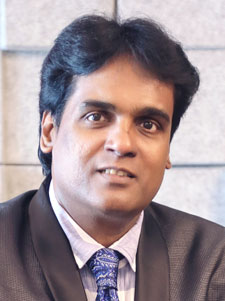
“By leveraging insights from business intelligence tools, we are able to forecast business demand, investment opportunities, client requirements, and even keep a tab on the stress levels of the distributed workforce.”
Dr. Suresh A Shan, Head, Innovation, and Future Technologies BITS, MMFSL

“Through AI-driven models, we assess our customers’ business requirements and offer the best product for their long-term growth. We have incorporated machine learning and analytics capabilities in our assessment solutions to drive exceptional customer experience.”
Sunit Vakharia, Chief Technology Officer, U GRO Capital
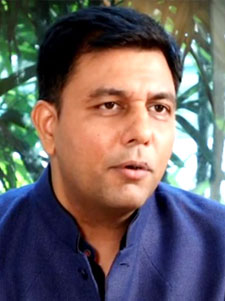
“Organizations have witnessed the tremendous value of data and analytics during the ongoing crisis and leveraged them to generate more profound business and operational insights for better and faster decision-making.”
Greesh Jairath, Global IT Head, ITC Infotech
It was soon evident that embracing digital technologies and using AI-driven analytics was the only way to remain buoyant and navigate the disruptions. Several companies worldwide have already transitioned to the work-from-home concept and have adapted to the modern distributed work ecosystem (See: How is digital transformation shaping the new future?).
For CIOs, realigning priorities and accelerating enterprise innovations continue to be a roller-coaster experience amidst these unprecedented times. More and more enterprises are now leaning on data science and analytics to optimize business performance and drive growth.
With virtual communication taking the center stage, there is a growing emphasis on implementing AI-based workforce analytics and business intelligence solutions to fast-track digital transformation and generate deeper operational insights to respond faster and steer the volatile economic landscape.
Need for enterprises to deploy data-driven culture
In a chaos like like, businesses continuously need to embed intelligence in their culture and rethink their business models to compete well while keeping their stakeholders happy and shine.
“Data and business analytics experience a transformational value not merely during the pandemic, but also post the crisis. The analysis it provides can help businesses induce a culture of innovation and developing service offerings quickly. For systems that are affected by the COVID-19 crisis, analytics led insights are becoming a phenomenal game-changer. By leveraging insights from intelligence tools, we can forecast business demand, investment opportunities, and even monitor the stress levels of our distributed workforce,” says Dr. Suresh A Shan, Head, Innovation, and Future Technologies Business Information Technology Solutions (BITS), Mahindra & Mahindra Financial Services Limited (MMFSL).
Across all sectors, retail, banking, e-commerce, and IT/ICT companies are the most aggressive to deploy AI-driven analytics solutions for real-time problem-solving. Retailers get concrete insights to produce their specific supply chain pipelines to fill the consumer need. For e-commerce companies, armed with powerful data and insights, business analytics solutions can help examine the product pricing of different competitions and target segments that need to be focused on specific products.
“At U GRO Capital, we’ve utilized the current situation as an opportunity to scale our business digitally. U GRO Capital provides loans to small and medium-sized companies. We extensively focus on technology and analytics as enablers to onboard our customers and disburse money as and when required by them. Through AI-driven models, we assess our customers’ business requirements and offer the best product for their long-term growth. We have incorporated machine learning and analytics capabilities in our assessment solutions to drive exceptional customer experience,” says Sunit Vakharia, Chief Technology Officer, U GRO Capital (See: Sunit Vakharia, Chief Technology Officer, U GRO Capital).
Such a massive shift will also intensify the demand for data science and analytics specialists, who can comprehend complex values’ quality insights and drive resiliency and transformation-led investments.
“Analytics led solutions have been a critical enabler of redefining and realigning business processes. Organizations have witnessed the tremendous value of data and analytics during the ongoing crisis and leveraged them to generate more profound business and operational insights for better and faster decision-making. In the future, successful deployment of analytics led solutions will also pave the way for futuristic technologies such as robotic process automation (RPA) and drone delivery systems,” says Greesh Jairath, Global IT Head, ITC Infotech.
Tech-majors gearing up for the analytics market
During the pandemic, analytics has been one of the few areas which recorded a higher growth rate. AI-driven analytics and insights have been used consistently by organizations to provide deep visibility around existing resource capacity, monitor any insufficiency, and help businesses regularly conduct impact and risk analysis. (See: CIOs to focus on network transformation for business continuity)
From effectively implementing processes such as employee onboarding and offboarding remotely, building market-relevant solutions, and fitting network efficiency in diverse locations, analytics-based solutions can provide greater visibility to the decision-makers.
Technology biggies are looking to leverage the rising enterprise interest in analytics and business intelligence solutions by launching new products or expanding their capabilities to identify fresh opportunities. Some of the top players dominating the analytics market include SAP, Oracle, Accenture, Google, Microsoft, IBM, Infosys, and TCS (See: Accenture fortifies AI know-how with Byte Prophecy buy).
Recently, Tata Consultancy Services launched the TCS Workforce Analytics, an AI-focused engagement intelligence solution for companies looking at enhancing their employees’ productivity and workforce experience. Another Indian IT Services giant, Infosys, has acquired US-based data analytics company Blue Acorn for $125 million to beef up its analytics portfolio.
IBM as well introduced a new risk-based service designed to help enterprises identify new risk-based exposure from areas such as cloud, M&A, and remote work. Other players are also strengthening their capabilities to meet the growing demand for analytics led services.




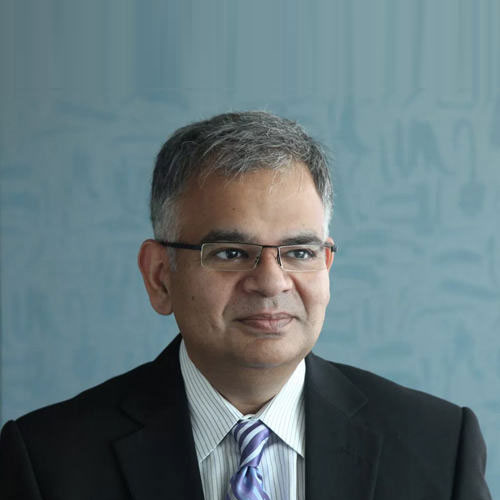

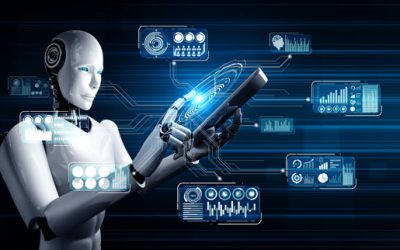


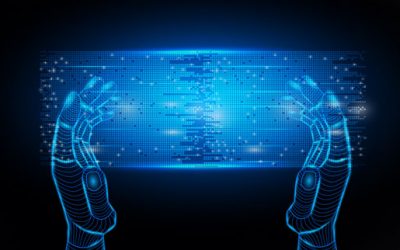







0 Comments